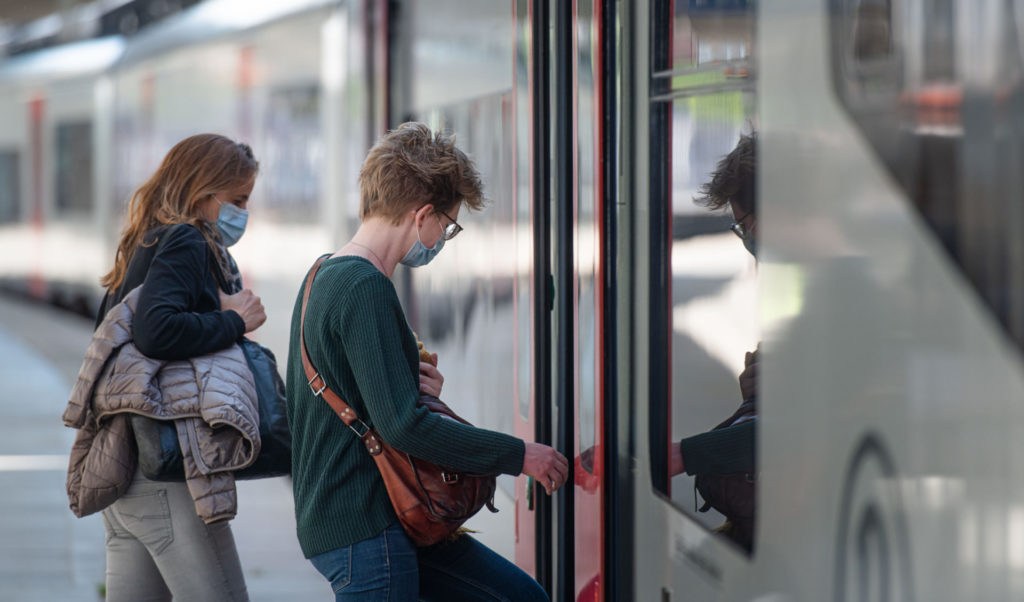National railway operator SNCB has spoken out against the Federal Planning Bureau's pessimism for the future of rail transportation in a recent report, insisting that it "looks to the future with confidence."
On Tuesday, the Bureau stated that in the coming years, Belgium will be faced with a "saturation of demand for passenger transport," particularly by train, in a report published together with the FPS Mobility and Transport. It said this was a result of continued teleworking and an ageing population.
"The evolution of telecommuting has mainly an impact on passenger rail transport, whose standard profile of users corresponds quite well to the standard profile of the working population who can and want to telecommute," the report stated, adding that the transport outlook confirms that there is a saturation of demand for transport per individual."
While the bureau projects an estimated growth of 35% for walking and cycling between 2019 and 2040, it predicts that the growth of rail transport may decrease by 3%.
Need for investment
The SNCB does not share the Plan Bureau's pessimism about the future of trains, the railway company said on Tuesday evening. The number of people travelling by train is once again rising, and although they are not yet at the level of 2019, the company predicts growth in the future.
It is aiming for "40% more leisure travellers and 25% more home-work subscribers by 2032". It will "continue to do everything possible to encourage people to choose the train," however, it stressed that there is "a need for investment resources" to "look to the future with confidence."
Related News
- SNCB stations fail on accessibility
- Flemish people challenged to ditch their cars for June
- 4G connection in Belgian trains to improve by 2023
To compensate for the impact of teleworking, the SNCB is counting on the development of a pass that is better adapted to people who only go to work a few days a week, as was introduced by De Lijn on Tuesday.
More traffic, less emissions
In its forecast, the Federal Planning Bureau also stated that the average number of kilometres travelled per person in the country will continue to increase slightly until 2030, and then decline by about 1% by 2040 (compared to 2019), however, the increase in disposable household income will lead to an increase in trips for shopping and leisure.
Meanwhile, it said the growth of total road transport (both people and goods) will cause an increase in traffic which, without new measures, will lead to lower speeds due to traffic congestion.
"During peak hours, this speed drops by 10 to 11% on the main axes in and around the agglomerations of Antwerp and Ghent, and by 6% elsewhere in Belgium."
However, it added the greening of the car fleet will result in a significant reduction in greenhouse gas emissions.

